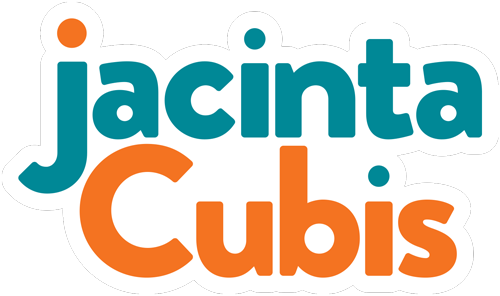Open to interpretation
Tàr is an entrancing, complex and disturbing film. Its eponymous character, played by Cate Blanchett, is brilliantly flawed.
And it has lots of lessons for facilitation – especially the (fl)awesome kind.
I’m not implying that Lydia Tàr’s often monstrous behaviour can be compared to any facilitator I’ve met, although I do believe that facilitators can, at times, be dictators. And sometimes for good reason.
Rather, the lessons this intriguing film has for facilitation are about imitation and interpretation, and why we might choose to do one over the other.
Let’s start with imitation.
I often get asked for the step-by-step instructions for workshop processes by clients I train and mentor. You can almost feel their relief when they get the steps in their hands. ‘Yay!’ I imagine them thinking, ‘I can do exactly the same thing with my group!’
Maybe, but unlikely.
A step-by-step process on a piece of paper is a little bit like a composer’s piece of music. Brilliant on its own, but only brought to life by an orchestra, through the conductor’s interpretation.
Same for a workshop process. It is interpreted by a facilitator and it’s brought to life by the group they’re working with.
You as the facilitator bring your ‘twist’ to it, your experience, your own authentic flair.
If my client is not panicking about a workshop taking place on the following day, I will put the process aside and work through a few questions with them.
Why is this group meeting?
What brings them together?
Why this process now?
What thinking will it encourage?
What problems will it help solve?
How?
These and other questions often suggest different ways to build on or vary the process that they’re so eager to get their hands on. And hey presto, another facilitation process is born, interpreted by my client. It’s theirs, in all it’s (fl)awesome glory.
Cate Blanchett in Tàr, Picture from Focus Features, Canberra Times, 27 January 2023
I might be stretching the analogy but my point is echoed in the film. Lydia doesn’t ask an orchestra she’s working with for the first time to open their music and start rehearsing. She talks to them about the composer’s intention.
I’m taking a bit of my own advice with colleagues in a global facilitation community. We’re having fun interpreting tried and true processes. There are so many methods on offer it would be easy to just take a ‘handout’ and copy. But we’re mixing methods, curious to see what happens. Our aim is to learn, be inspired, not to copy.
Imitation is tempting and easier. But as Lydia Tàr advises a fellow conductor who has been pestering her for conducting advice, ‘There’s no glory for a robot, Eliot. Do your own thing,’
Herman Melville, the author of Moby Dick, once said that, ‘It is better to fail in originality than to succeed in imitation.’
Interpretation is all about making progress with your facilitation, not aiming for the perfect copy. That’s (fl)awesome.
Are you open to interpretation? I’d love to hear. Drop me a line by reply email or to jacinta@jacintacubis.com
I reckon one thing most of us have copied at some time is the agenda of a recurring meeting. I have. This will guarantee that one thing. You will have the same old meeting.
If you’d like to change your meetings from ‘same old’ to ‘fun and engaging, please join me for my Lunch & Learn on 15 February at 12pm.
It’s a complimentary 30 minute taster of my Master your Meeting Mojo program.
It will be worth it. 38 to 45 cents of every payroll dollar gets spent on meetings, yet, 89% of meeting attendees report dissatisfaction with meetings in their organisations*.



